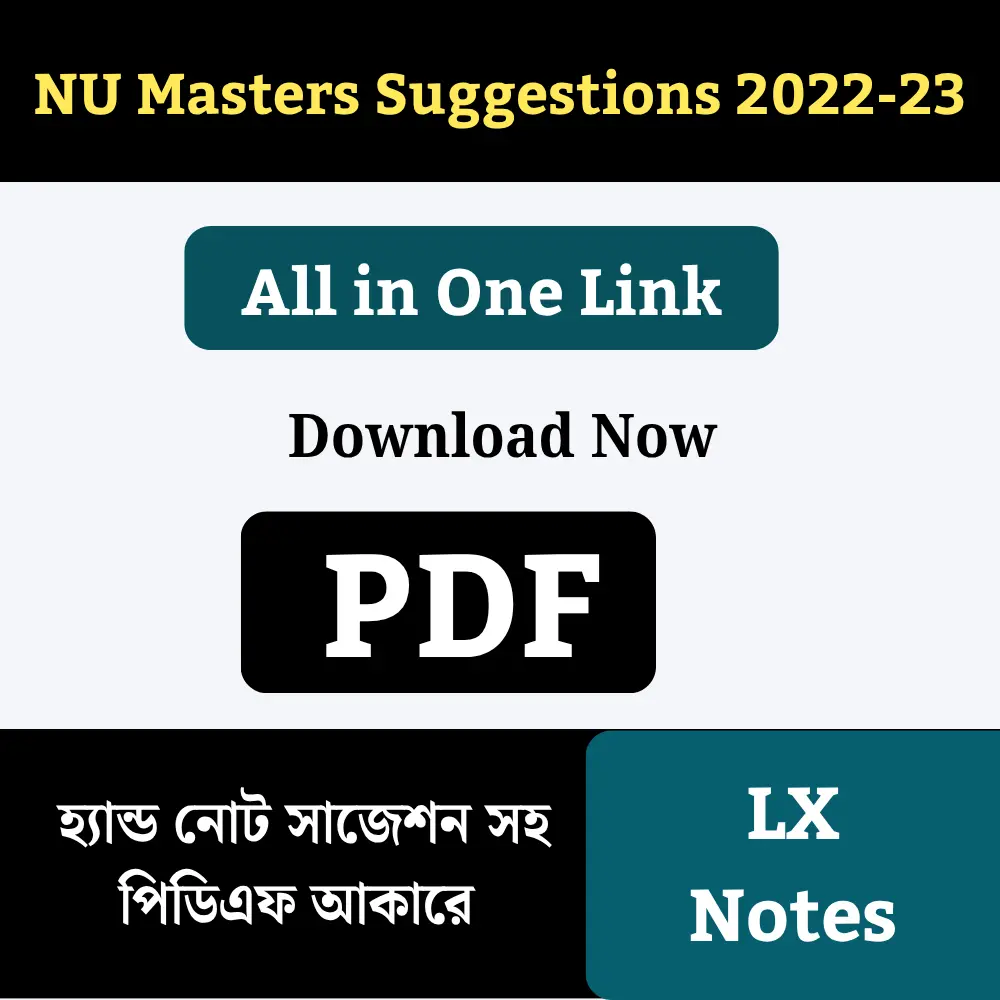Discuss critically the Nativist Theory of language learning. Noam Chomsky's Nativist Theory of Language Acquisition is a fundamental and influential linguistics and...Continue
What are the fundamental differences between the ‘Audio-Lingual-Method’ and the ‘Direct Method’?
The Audio-Lingual Method (ALM) and the Direct Method (DM) are two influential approaches to language teaching. Both aim to develop language skills effectively. However, they differ significantly in their strategies, techniques, and underlying theories.
The table below compares the fundamental differences between these two methods.
| Aspect | Audio-Lingual Method (ALM) | Direct Method (DM) |
| Approach to Language | Based on behaviorist theory, emphasizing habit formation. | Based on natural language acquisition, emphasizing speaking. |
| Focus | Listening and speaking through repetition and drills. | Speaking and listening through immersion and real communication. |
| Grammar Teaching | Taught indirectly through patterns and drills. | Taught implicitly in context, without explicit grammar rules. |
| Vocabulary | Limited vocabulary is introduced in a controlled manner. | Rich and varied vocabulary taught through real-life situations. |
| Teaching Techniques | Repetition, drilling, and memorization of dialogues. | Conversation, question-answer sessions, and demonstration. |
| Use of Native Language | Native language is avoided; the target language only is used. | Native language is also avoided; the focus is entirely on the target language. |
| Role of Errors | Errors are discouraged and immediately corrected. | Errors are seen as part of learning and are corrected naturally. |
In short, while both the Audio-Lingual Method and the Direct Method aim to improve listening and speaking skills, their approaches differ. ALM relies heavily on repetition and drills, forming habits through practice. The direct Method focuses on natural language use through real-life communication. The choice between these methods depends on the learning objectives, whether they prioritize structured practice or more natural language acquisition.
Recent articlesArticles
"Unmarried men are best friends, best masters, best servants; but not always best subjects."-Justify. Or, How do you justify that an unmarried...Continue

NU Masters Suggestions 2022-23 Chaucer Part -A Brief Questions in “The General Prologue to The Canterbury Tales” Brief question in “The Nun’s...Continue



